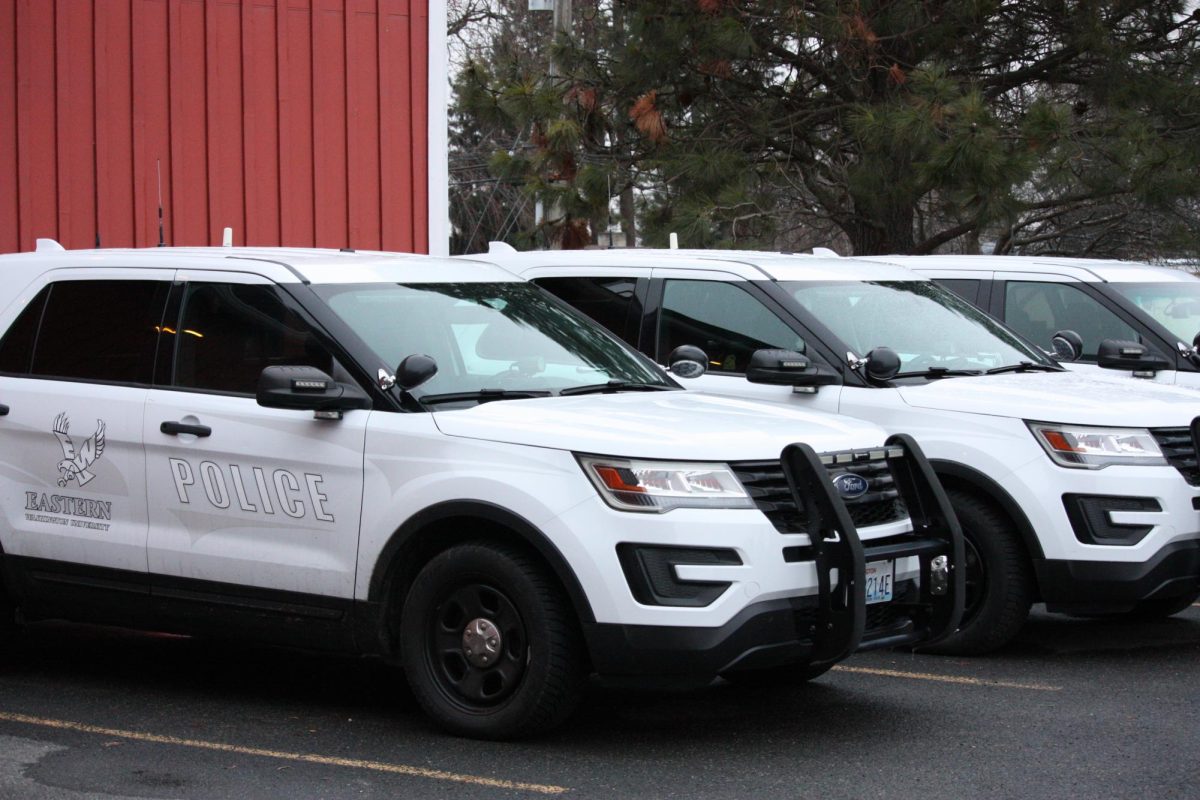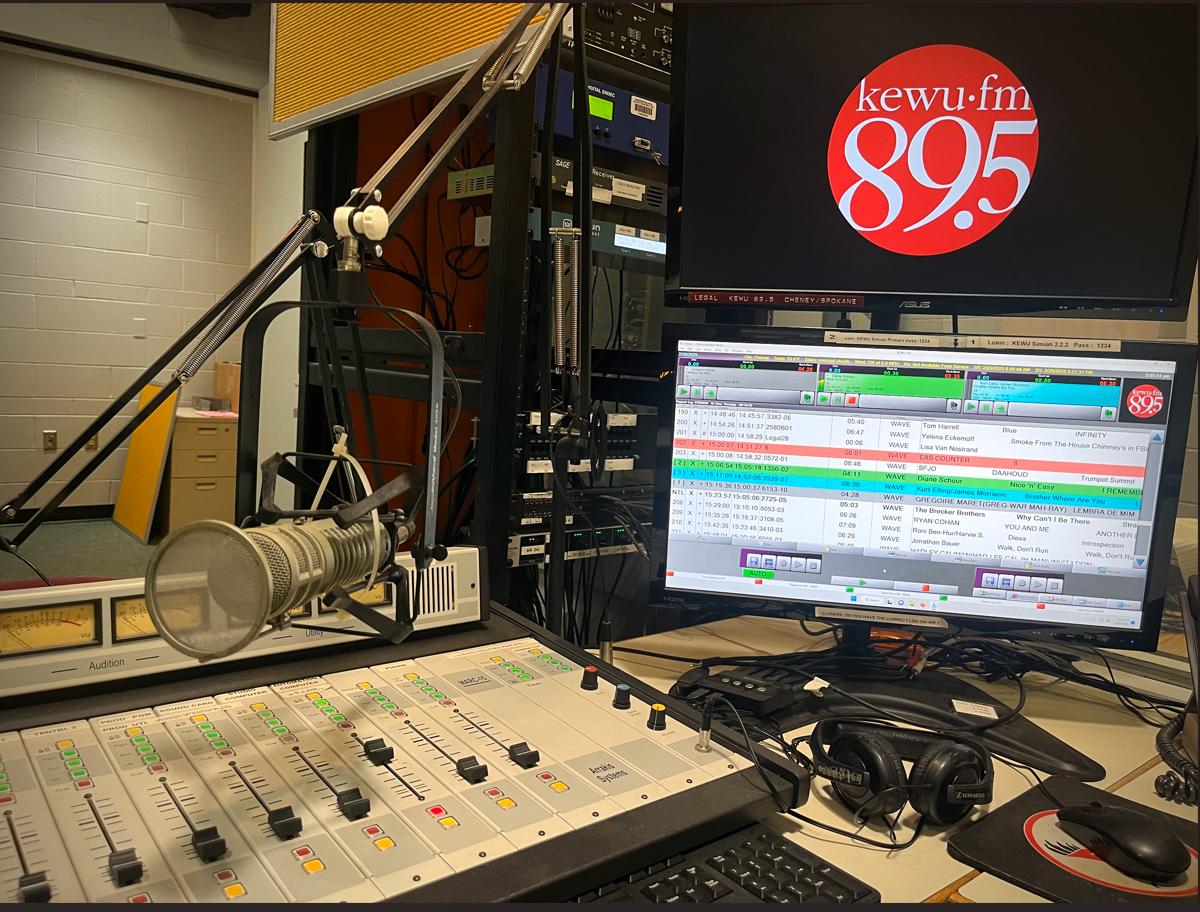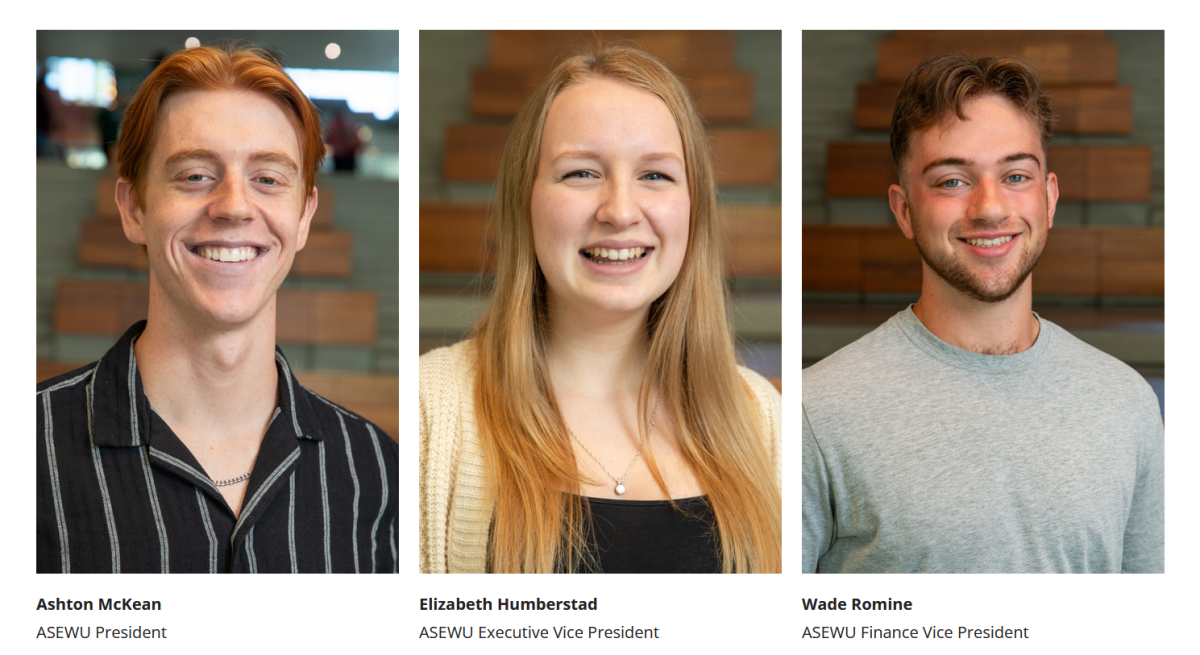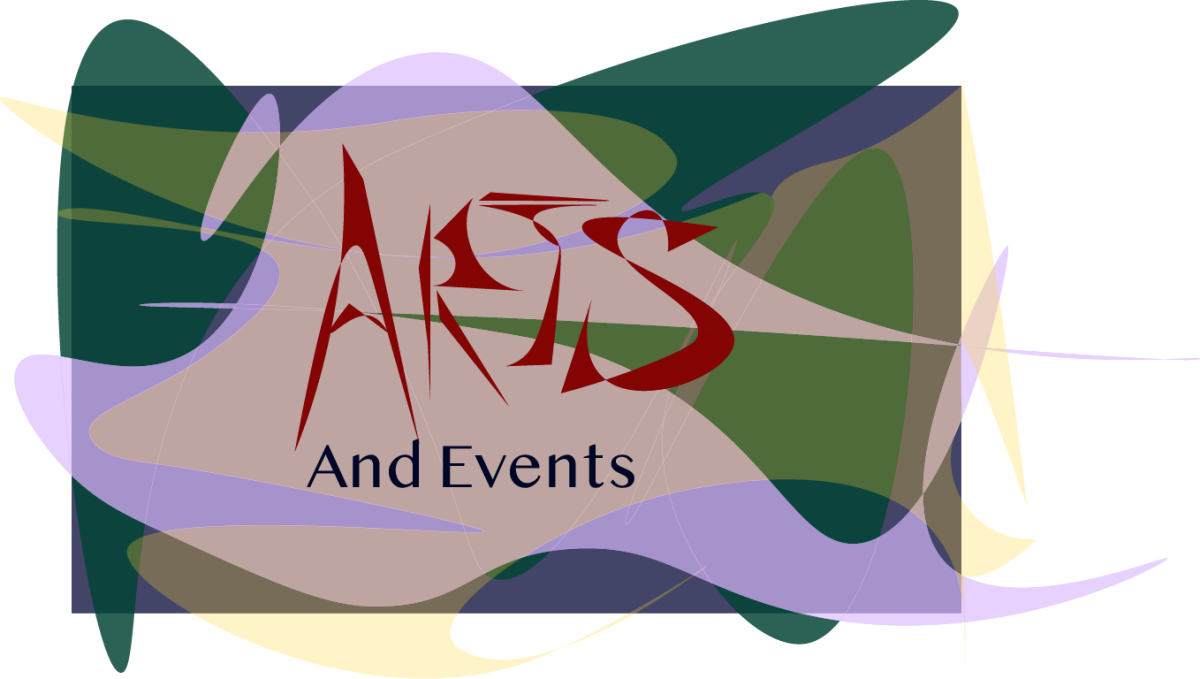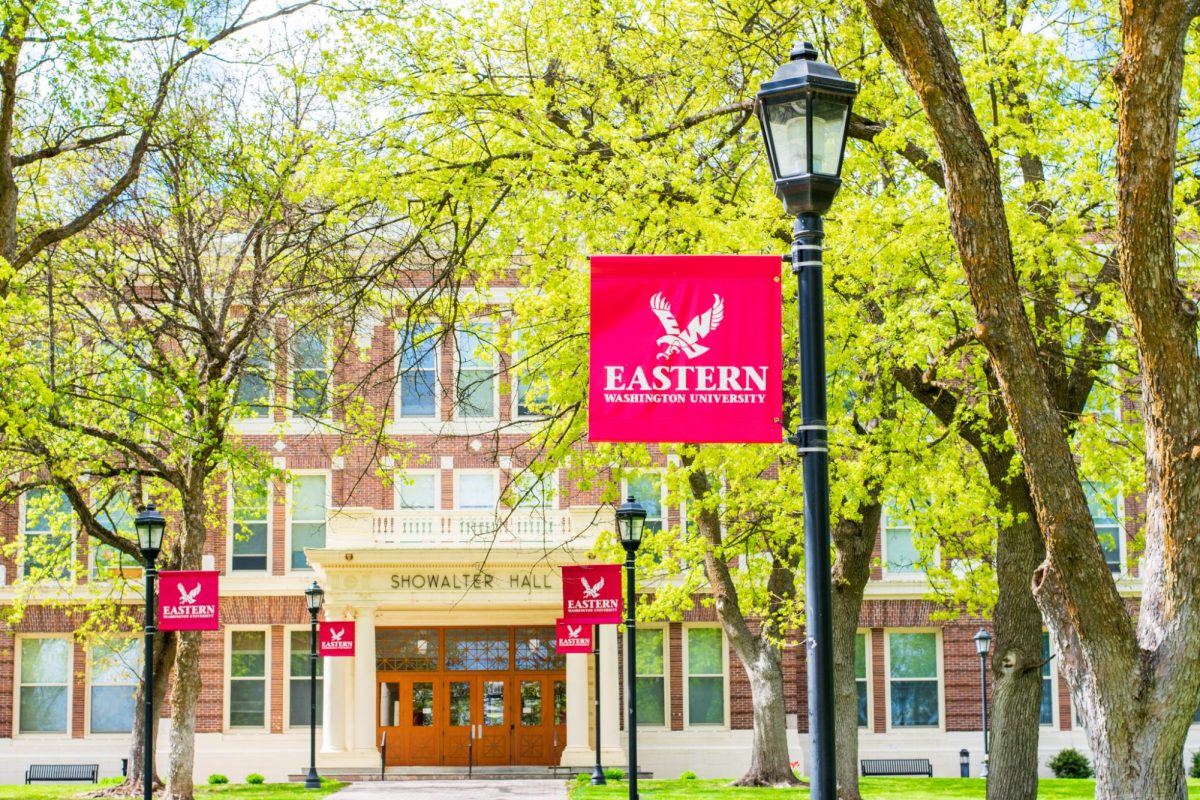Zayna Bizri had been teaching at George Mason University for 8 years when she was asked by students four times in a single semester whether or not there was a queer history course offered. She responded by developing the course: Queer History of the US, though she wound up moving and signing a one year contract at Eastern Washington University before she could teach it. Bizri has successfully taught the course for the first time at Eastern this winter quarter.
“There is an interest in it. [It was] kind of short notice, and it’s an upper division course, and it’s all these kinds of things, but we got a pretty good response to this brand new course with a brand new professor,” said Bizri, who primarily studies women and queer people in the military.
The course’s main aim is to look for ways in which queer people and identities have contributed to US history, as there is often little written record of openly queer people available. For this reason developing a historiography— a collection of sources about a topic— is a major requirement.
“Queer people exist and we’ve been a part of society, and the question isn’t ‘where is queerness?’ ‘where does queerness come from?’ ‘what do we do with it?’ — anything like that. It’s ‘why are they hiding?’ ‘what’s changed?’ and ‘what can we do to find people in the historical record without being disrespectful?’” Bizri said.
Students have signed up for the course for a variety of reasons. History and political science major Tim Harrington signed up for the course after recognizing a lack of knowledge on the topic within himself.
“As someone who has an interest in all sorts of history, this is a section of history that I never really had much insight into outside of more pop history. So an academic history, I think, was vital for me just to learn more about America,” Harrington said.
Social studies major Ash Nielsen signed up in order to understand more about the queer community.
“For me as a queer person, I think it’s just important to know what the people that came before me had to deal with and learn,” Nielsen said.
The class currently has 12 students enrolled, and others who have popped into lectures out of curiosity. Because Bizri is on a one year contract with EWU, the course may not be offered again. Julia Smith, chair of the History, Anthropology, Modern Languages & Literatures department stated via email correspondence that budget limitations are the principle reason for this.
“We’d be happy to keep [Bizri] working for us, but we’re not sure we’ll have enough funding to extend her contract,” Smith wrote.
Queer history is an uncommon subject among universities for a variety of reasons, one of the chief ones being a lack of teachers, according to Bizri.
“LGBTQ+ history is a fairly new field. There are not a lot of people who have training in queer history specifically. We have queer studies, but that field started in the 90s. It’s really new,” Bizri said.
Harrington says, however, that the course could be a great way to interest more people in the history department as a whole.
“People could take an academic history class that may have not taken one before, and think, ‘maybe history isn’t just war and Rome,’ things like that. There’s more to it. It’s not boring, it’s not just memorizing days. We’re learning people’s stories. So I feel like it absolutely should be promoted and continue to be taught,” Harrington said.
On a broader scale, Nielsen says that the class is valuable for anyone and everyone regardless of academic major.
“I think it’s important to offer these classes so that people know that, ‘hey, the queer community is out there.’ We are a part of history. We exist. And we’re important.” Nielsen said. “This class is useful for anyone who wants to be supportive of the queer community, who wants to understand why the United States is the way it is.”If students wish to share their thoughts on the course being taught again in the future, they can reach out to Smith at jsmith4@ewu.edu or to the college dean directly.









